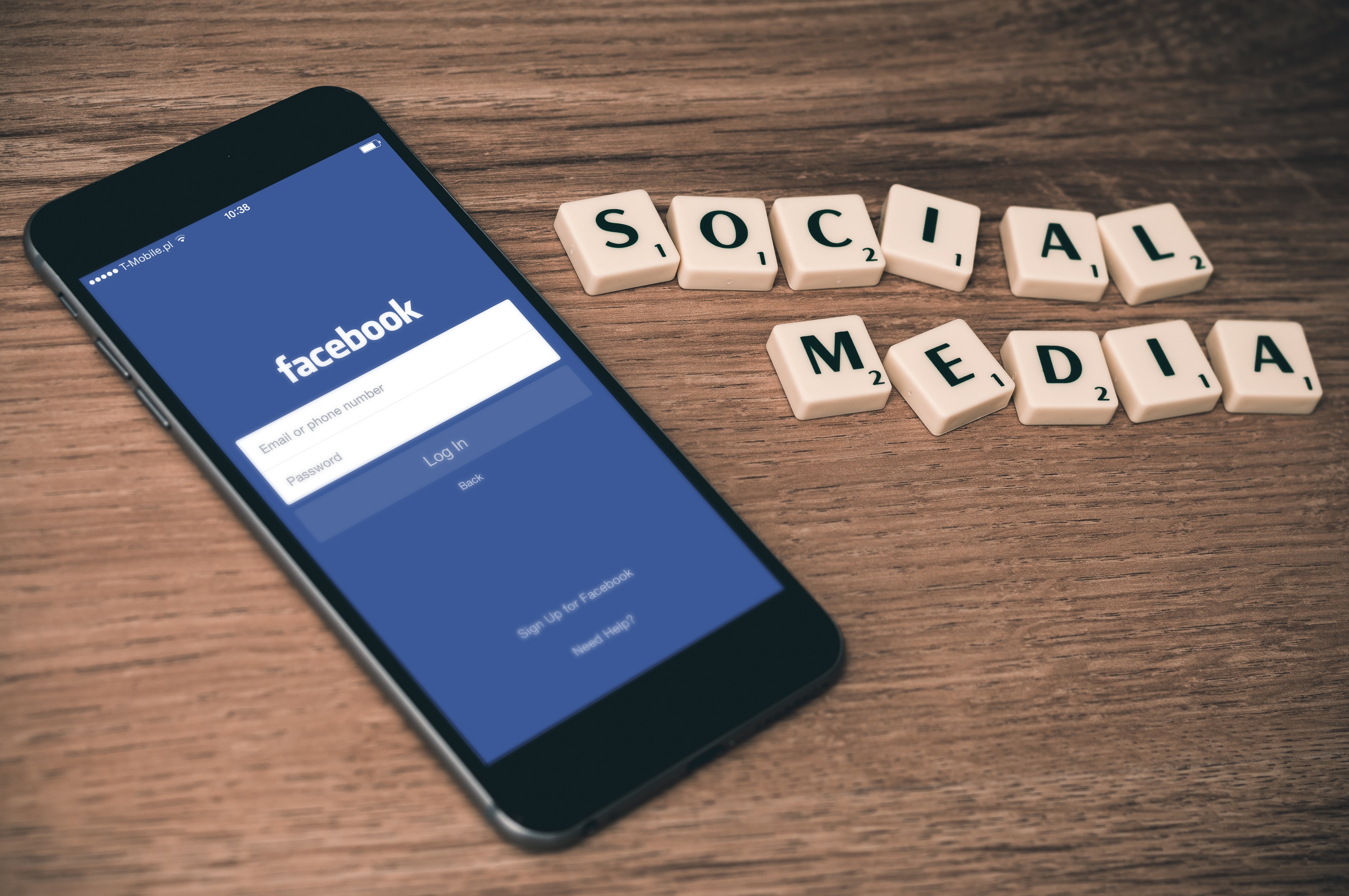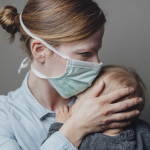In both pregnant and postpartum women, social isolation contributes to risk for and exacerbation of depressive symptoms. Many women in this setting turn to the internet and social media as a means of securing support and information. Previous studies, mostly carried out in adolescents and young adults, have shown that social media use is associated with greater risk for depression, anxiety, and self-harm. There is some evidence, however, that women may benefit from the use of social media and smartphone apps during pregnancy.
In a recent study, pregnant women were recruited from the Hunan Provincial Maternal and Child Health Hospital in 2015. The participants were surveyed regarding their use of antenatal care apps and antenatal depression.
Of the 1304 pregnant women, 71.31% used antenatal care apps. Higher usage of apps was associated with urban residency, first pregnancy, planned pregnancy, and a desire to communicate with peer pregnant women.
Using a cutoff score of 10 on the Edinburgh Postnatal Depression Scale, 46.11% of the pregnant women (601/1304) were identified as being depressed. Given that the unusually high prevalence of depression in this population, one may question the generalzability of these findings.
Nonetheless there were some interesting findings. Depression was associated with the availability of disease-screening functions in the apps (odds ratio (OR) 1.78, 95% CI 1.03-3.06) and spending more than 30 minutes using smartphone apps (OR 2.05, 95% CI 1.19-3.52).
However, using apps with social media features was a protective factor for antenatal depression (OR 0.33, 95% CI 0.12-0.89). Women using pregnancy apps with social media were 65% less likely to report depression.
This is by no means a definitive study but it does raise some interesting questions. It suggests that too great a focus on illness and disease may have a deleterious effect on mental health. Unfortunately the internet is a rich source of anxiety-provoking information, much of it incorrect. But where do you turn when you wake up at two in the morning with hiccups, wondering that this may signal some sort of problem with your pregnancy?
This study suggests, however, that using apps to provide peer support may have beneficial effects on mood for pregnant women. Although it is possible that the women who gravitate to social media-focused apps in this setting are less likely to have depression for other reasons, there is extensive evidence that lack of social support increases risk for depression and that peer support can alleviate depressive symptoms.
Programs, like the Visiting Moms Program here in Boston, rely on peer support to reach out to pregnant and postpartum women and have been very successful in providing support to new moms and reaching women with perinatal depression. Unfortunately, we do not have enough well-trained and well-funded community-based programs to help the millions of pregnant women and new mothers in the United State who need more support.
Maybe we could use an app for that.
Ruta Nonacs, MD PhD
Mo Y, Gong W, Wang J, Sheng X, Xu DR. The Association Between the Use of Antenatal Care Smartphone Apps in Pregnant Women and Antenatal Depression: Cross-Sectional Study. JMIR Mhealth Uhealth. 2018 Nov 29;6(11). Free Article








Leave A Comment